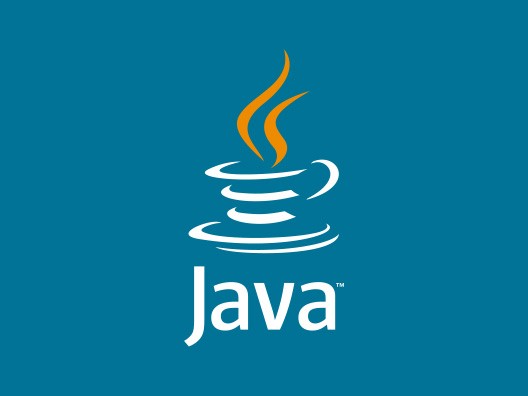TalentSprint’s Full Stack Developer Course provides comprehensive training for early career professionals in full stack web development using either Python or Java. The course covers front-end and back-end development including HTML, CSS, JavaScript, and frameworks such as Django and React. Participants work on real-world projects to deepen their understanding and apply their skills. The program is designed to be hands-on and interactive with a focus on practical learning, including project management, collaboration, and problem-solving. Upon completion, participants receive a Full Stack Developer certification recognized by leading companies in the tech industry. This program offers a solid foundation for a successful career in tech.
Yes, full stack developers are in high demand in 2023. The demand for skilled full stack developers has been growing steadily in recent years as more and more businesses move online and require robust, scalable web applications. Full stack developers are valued for their ability to develop and maintain both the front-end and back-end of web applications, making them a versatile and valuable asset for any organization looking to build and maintain a successful online presence.
As technology continues to evolve, the demand for full stack developers is likely to remain high, as businesses look for professionals who can adapt to new technologies and develop innovative solutions. Companies in a wide range of industries, including tech, finance, retail, and healthcare, are looking for skilled full stack developers to build and maintain their websites, mobile apps, and other online platforms.
Yes, on completion of the TalentSprint’s Full Stack Developer Course, you will receive a certification.
Comprehensive skills: Full stack developers have a comprehensive understanding of the entire web development process, including the front-end and back-end, which makes them valuable to employers.
Job opportunities: The demand for full stack developers is high, and it is a well-paying career. A full stack developer can expect to earn a good salary, and there is no shortage of job opportunities.
Versatility: Full stack developers can work on any aspect of web development, making them versatile and valuable to their team.
Career growth: As technology evolves, full stack developers can continue to learn new technologies and grow in their careers.
Problem-solving skills: Full stack development requires a strong understanding of how all parts of the web development process work together, which helps to develop problem-solving skills.
In short, enrolling in a Full Stack Development Course Program can provide you with valuable technical skills, career growth opportunities, and a well-paying career.
Yes, any engineering graduate can learn full stack development. Prior coding experience is not required.
The technologies you learn in a Full Stack Developer course may vary depending on the specific course and curriculum, but some common technologies that are typically covered include:
Front-end technologies: HTML, CSS, JavaScript, React, Angular, Vue.js.
Back-end programming languages: Node.js, Python, Ruby on Rails, PHP.
Databases: MySQL, MongoDB, or other relational and NoSQL databases.
Server-side frameworks: Express.js, Django, Ruby on Rails, or others.
API development: RESTful API design and implementation.
Version control systems: Git.
Agile development methodologies and project
management tools: JIRA or Trello.
Web security best practices and security measures.
Deployment of web applications to cloud platforms such as Amazon Web Services (AWS) or Heroku.
Other relevant technologies such as CSS preprocessors (such as Sass), task runners (such as Gulp), and build tools (such as Webpack).
It is always a good idea to check the curriculum of the specific course you are interested in to ensure that it covers the technologies you want to learn.
As per LinkedIn some of the top career opportunities for aspirants in Full Stack Development include
Java Developer (25,000+ Openings)
Java Architect (3,751+ Openings)
Full Stack Developer (21,000+ Openings)
Java Software Developer (13,000+ Openings)
Java Android Developer (21,000+ Openings)
Java EE Developer (3000+ Openings)
Java Development Freelancing (1000+ Openings)
and more…














